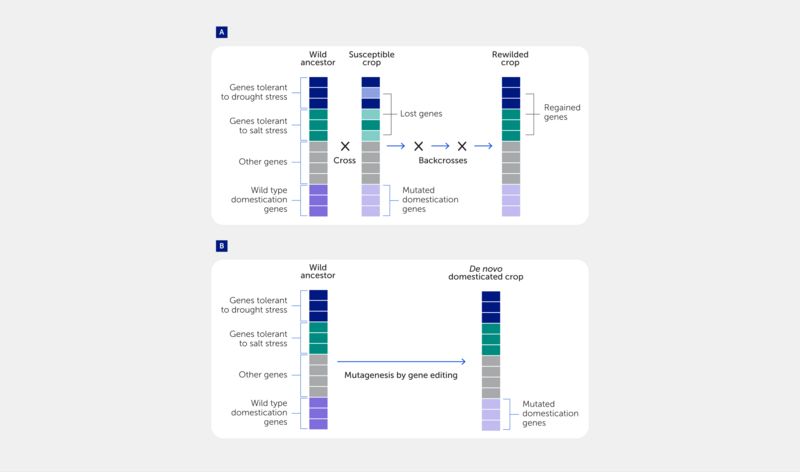
Frontiers in Science Lead Article
Published on 05 Dec 2024
Adapting crops for climate change: regaining lost abiotic stress tolerance in crops
- 53,312 views
- 6 citations
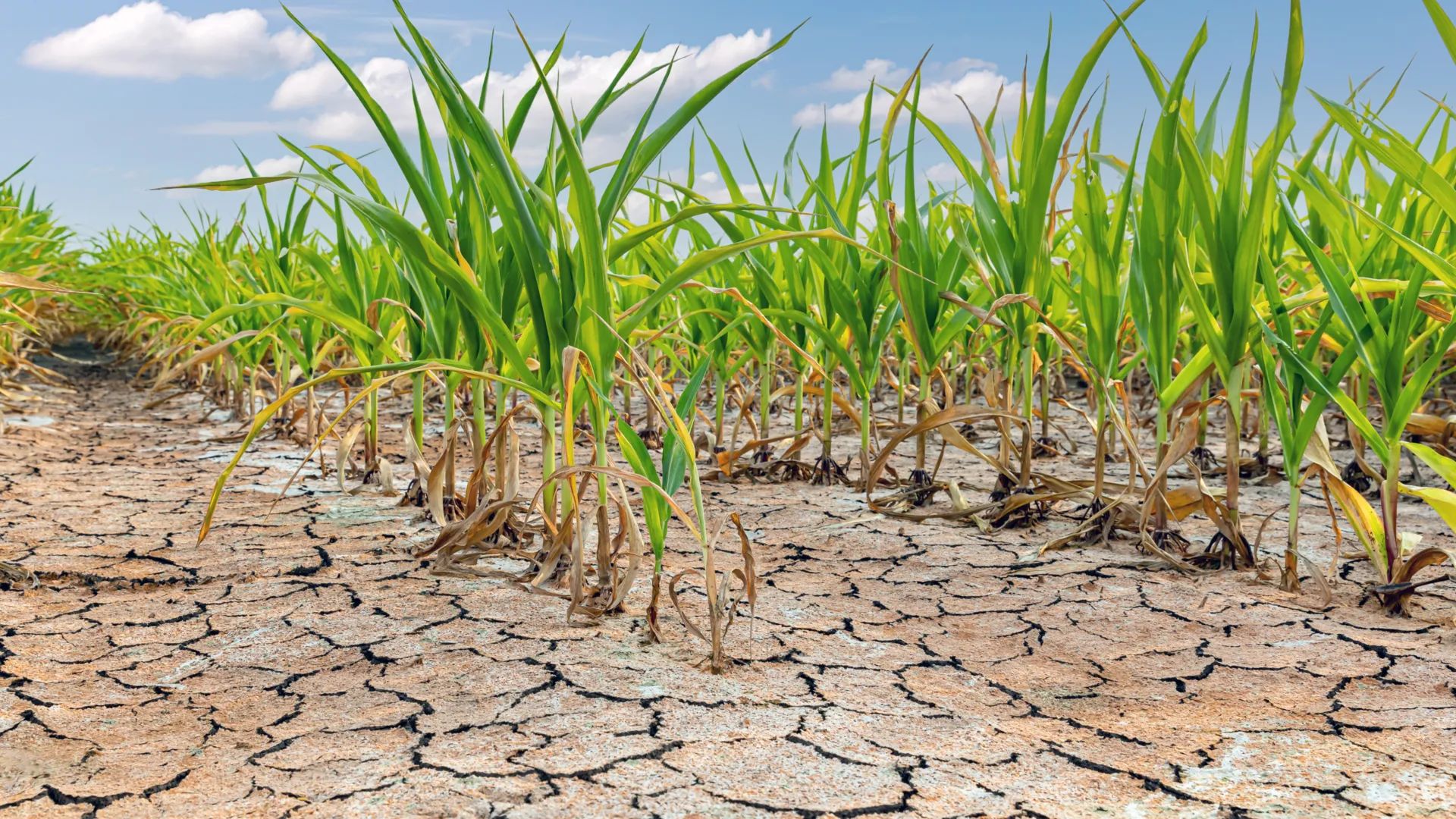

Frontiers in Science Lead Article
Published on 05 Dec 2024
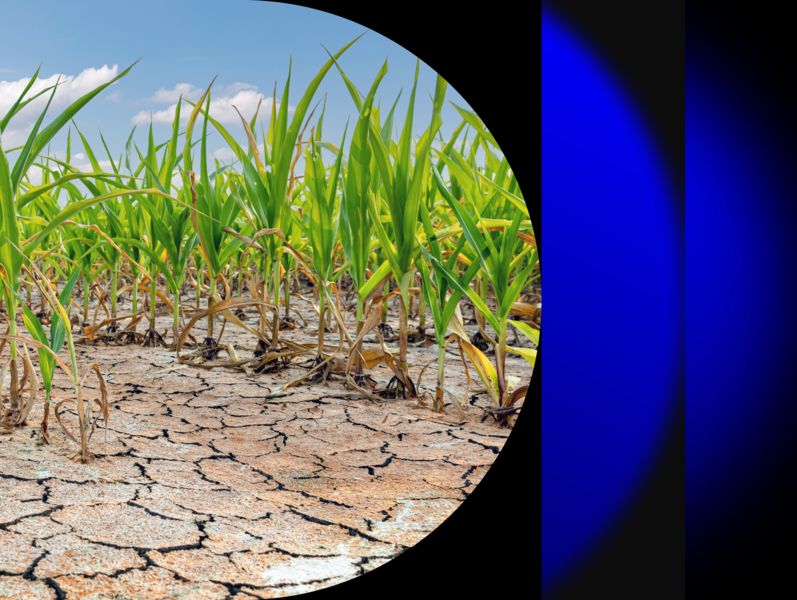
Experts delved into adapting crops for climate change at a virtual Frontiers Forum Deep Dive session on 13 Feb.

Prof Malcolm J. Hawkesford, Rothamsted Research, UK, highlights rewilding and de novo domestication as essential plant breeding strategies to combat worsening abiotic stresses and secure sustainable food systems in a changing climate.

Prof Francesco Loreto and Dr Giulia Atzori, National Research Council of Italy, explore how advances in biotechnology and plant-microbe interactions could enhance abiotic stress tolerance and accelerate crop adaptation to rapid climate change.
Agricultural production is hampered by climate extremes such as heat, drought, waterlogging, and salinity, affecting soil health, water availability, and crop performance.
Using wild crops to regain the abiotic stress tolerance that was lost or weakened during domestication is fundamental to achieving global food security and sustainable agricultural production in the face of climate change.
Progress in the field could be achieved by introducing genes from wild relatives, but the lack of understanding of the operation of specific genes in planta remains a major hurdle in breeding programs, calling for broader use of cell-based phenotyping platforms.
An alternative solution is to engage in direct domestication of wild relatives that already have the genes required for abiotic stress tolerance.
The success of both strategies will be critically dependent on legislative issues and associated public perception of the technologies used for their implementation.
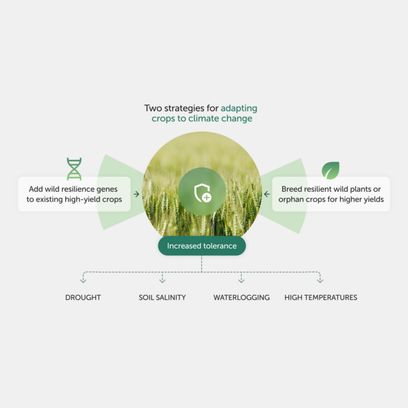
A summary of the lead article in a Q&A format, with infographics and a video.
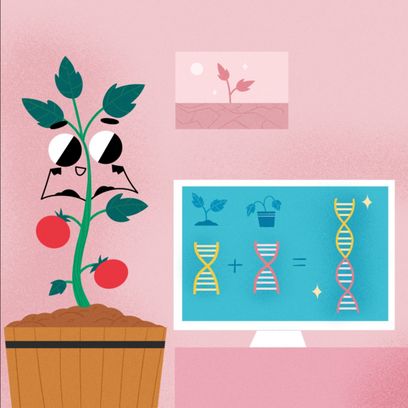
A version of the lead article written for—and peer reviewed by—kids aged 8-15 years.
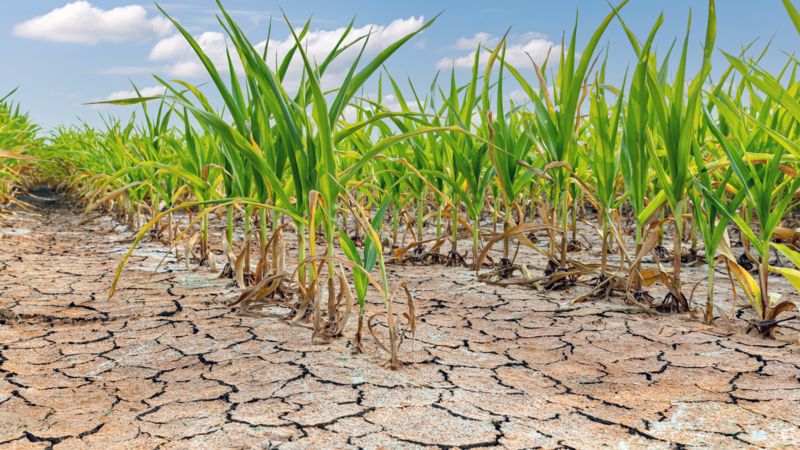
To continue producing enough food for the world, we need to adapt our crops by changing their genetic code or by domesticating their more resilient ancestors.

Gene editing and plant domestication are essential to protect food supplies in a worsening climate, according to an international team of researchers, led by The University of Western Australia.

We all rely on agriculture for our food, but the escalating climate crisis is placing increasing stress on the world’s crops. Modern crop varieties, domesticated to maximize yield and harvest efficiency, lack the genetic flexibility to adapt to the environmental challenges now reshaping our planet.
Follow the science, follow Frontiers in Science